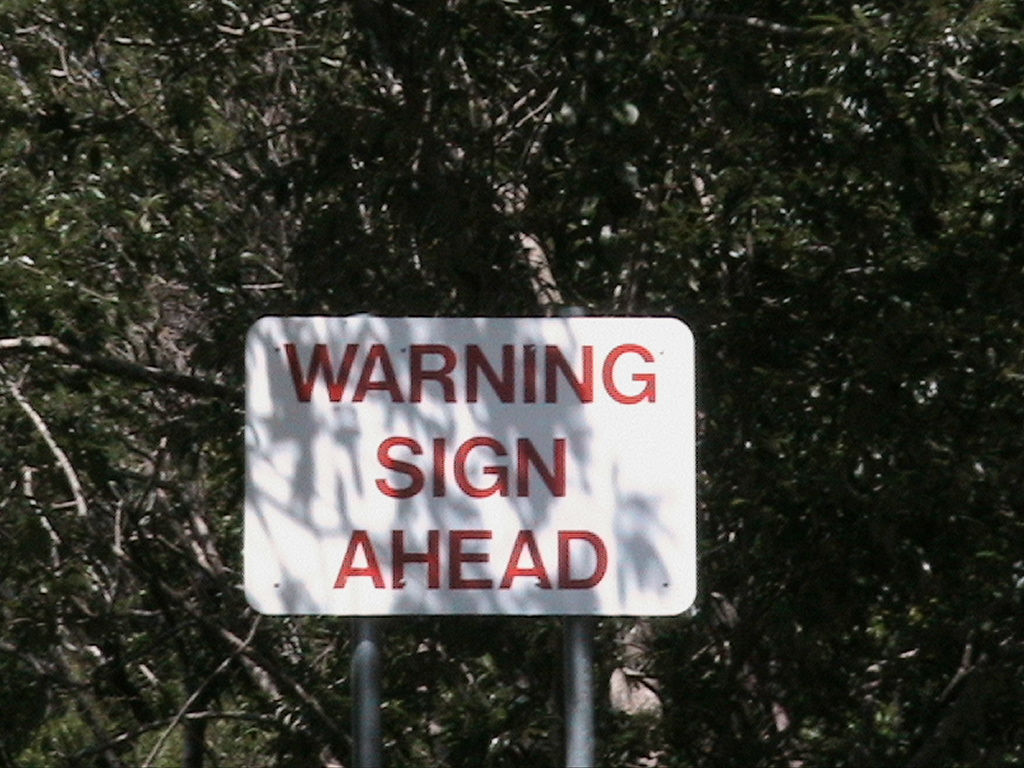Is This Really Within the Law?
Exploring the Legal Concerns Surrounding Coles Canberra Center
In recent times, questions have been raised about the legality of certain practices and operations within the Coles Canberra Centre. As a hub of retail activity, the center should ideally set a standard for compliance and customer assurance. However, concerns circulating among consumers and local residents suggest a need for closer scrutiny.
The issues at hand could range from business operations to consumer rights, each carrying weight in the public perception of what is deemed legal or acceptable. As shoppers and community members voice their apprehensions, it becomes crucial to analyze if these sentiments have legal standing and what steps the management should take to address them.
The concept of legality often veers into grey areas, but transparency, adherence to regulations, and proactive customer relations can pave the way for a more trusted environment. Ensuring that all practices meet legal requirements not only keeps the establishment reputable but also fosters trust among its clientele.
In conclusion, the question isn’t just about legality—it’s about aligning business values with the expectations of those they serve. Whether these inquiries point to significant oversights or are simple misunderstandings, addressing them with clarity and integrity is the key to maintaining a thriving retail space. Stay tuned for more updates as we delve deeper into this ongoing discussion.




When questioning the legality of certain practices or operations at a location such as Coles in the Canberra Centre, it’s important to consider several factors. First, determine what specific issue you’re concerned about. Common legal concerns vary widely—from employment practices and consumer rights, to health and safety regulations, zoning laws, and more.
Consumer Rights and Fair Trading: If your concern is about misleading pricing, refunds, faulty goods, or any perceived violation of consumer rights, it’s crucial to refer to the Australian Consumer Law (ACL). In Australia, consumers are protected by a comprehensive legal framework that ensures fair treatment. For practical advice, you might start by contacting the Australian Competition and Consumer Commission (ACCC) or your local consumer protection agency for guidance.
Health and Safety Regulations: Should your concerns relate to health and safety practices, such as cleanliness, handling of fresh foods, or COVID-19 protocols, Coles should be adhering to the regulations set by Food Standards Australia New Zealand (FSANZ) and local health authorities. Consider documenting the issue and reaching out to store management for immediate concerns. If unsatisfied, you can escalate your inquiry to the ACT Health Protection Service.
Employment Practices: If the legality question pertains to how staff are treated, including wages, working conditions, or discrimination, refer to the Fair Work Ombudsman. They provide comprehensive resources concerning workplace rights and obligations. You could suggest employees contact the Ombudsman for confidential assistance.
Zoning and Operating Licenses: Concerns about Coles’ location, expansion, or operational practices can relate to zoning laws. The ACT Planning and Land Authority (ACTPLA) oversees such regulations. If you believe Coles is operating outside permitted conditions, lodging a query with the ACTPLA can provide clarity.
Other Legal Concerns: Issues such as anti-competitive behavior would be under the purview of the ACCC. For environmental concerns, contact the ACT Environment Directorate.
For any legal question, professional legal advice is invaluable. It’s important to gather as much information as possible about the situation and pursue the appropriate channels for a resolution. Remember that taking detailed notes and obtaining witness accounts (if applicable) can be instrumental when seeking assistance or redress.